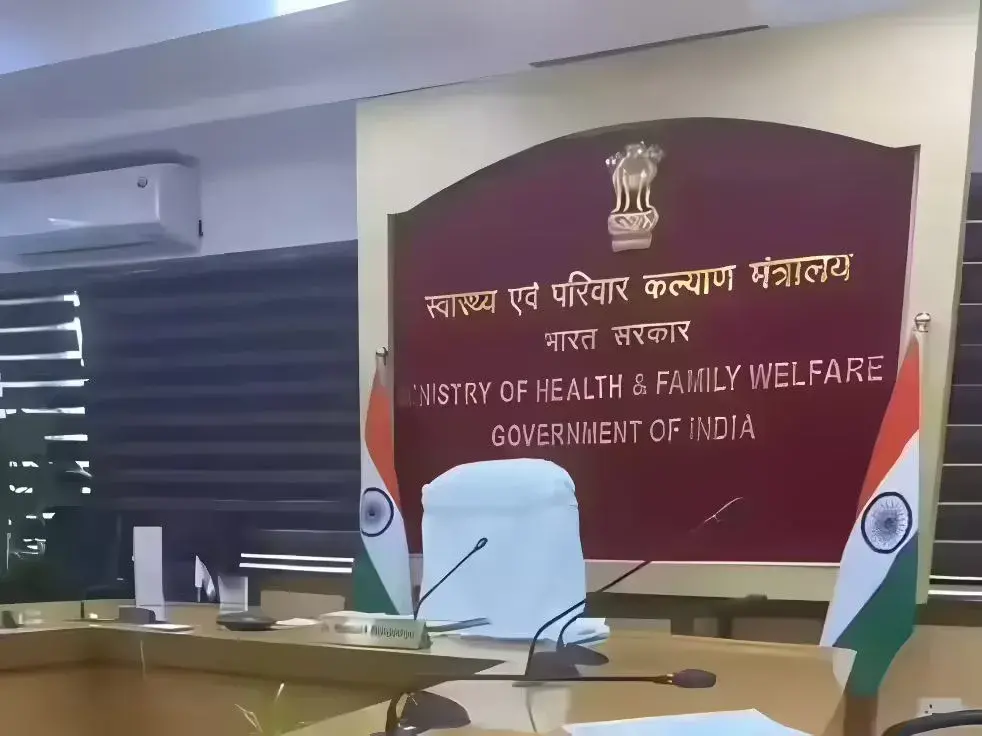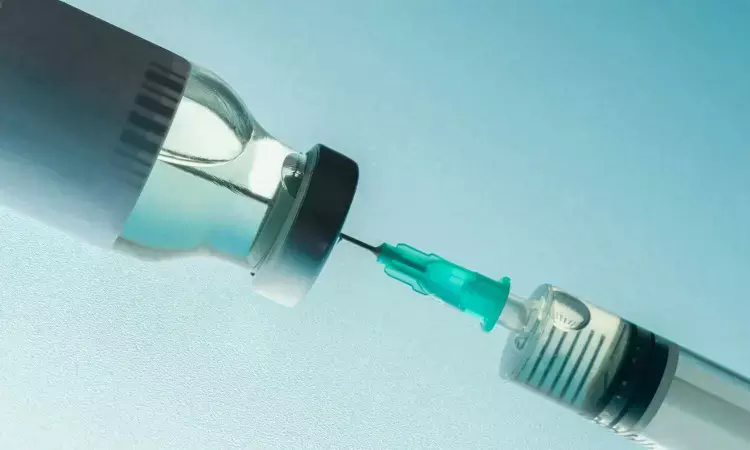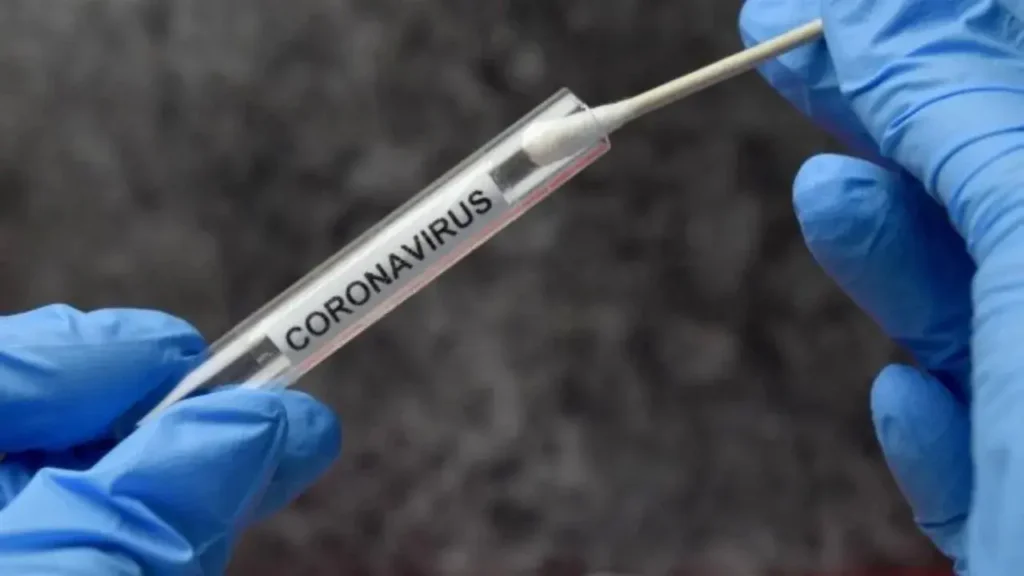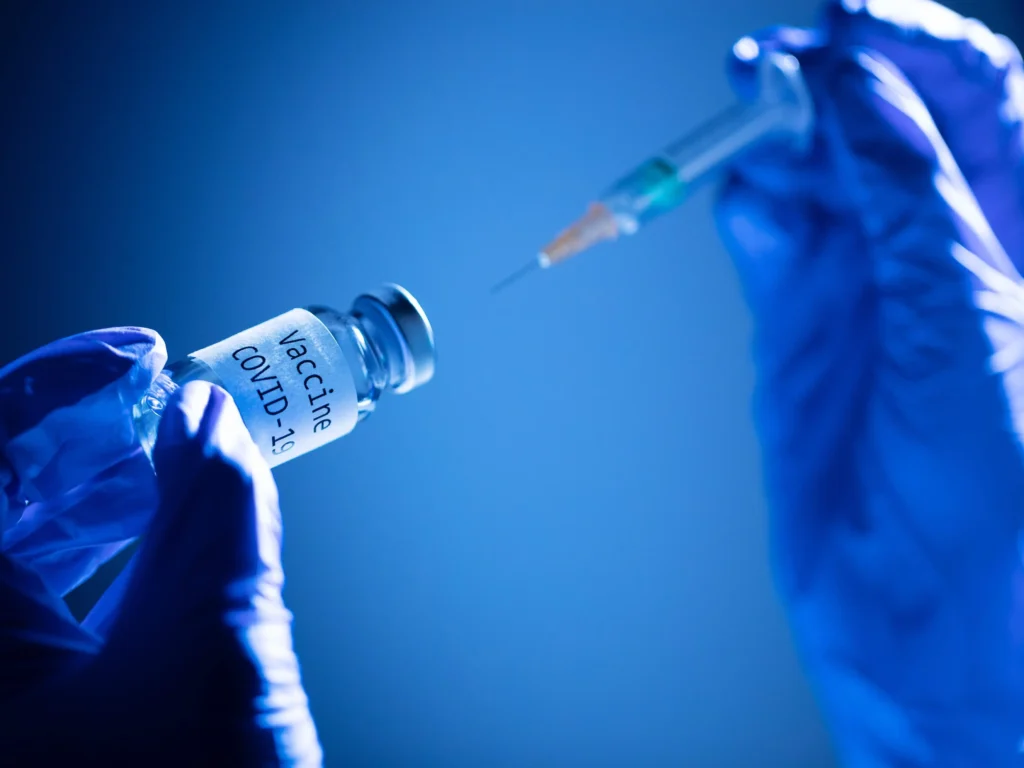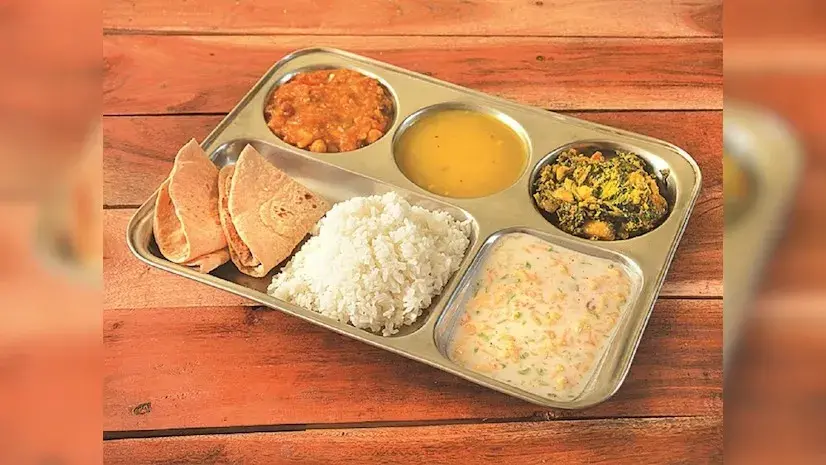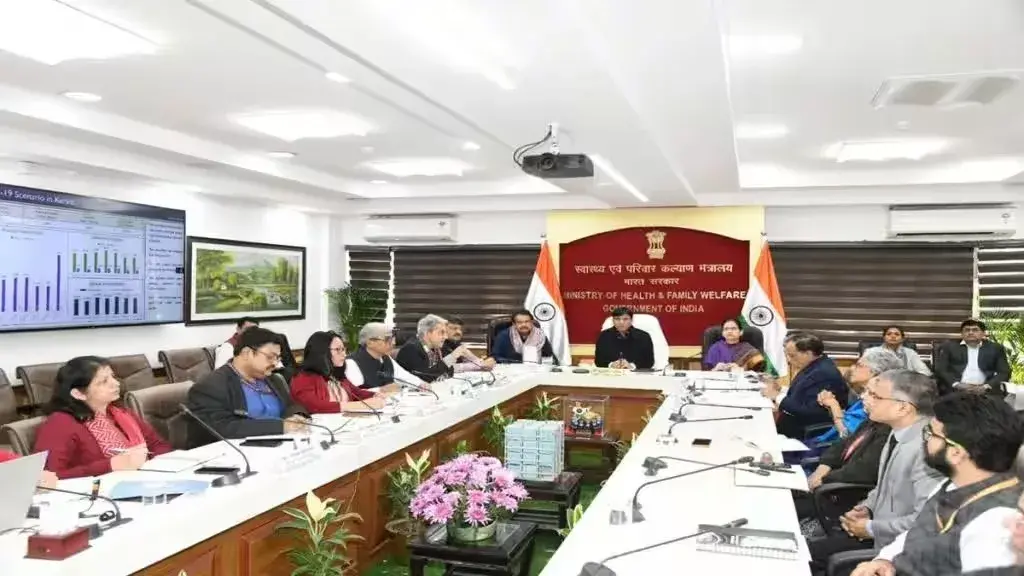No Proven Link Between COVID-19 Vaccines and Sudden Deaths, Confirms Union Health Ministry
The Union Ministry of Health and Family Welfare has clarified that there is no scientific evidence connecting COVID-19 vaccination with sudden or unexplained deaths in India. This conclusion is backed by comprehensive studies conducted by the Indian Council of Medical Research (ICMR) and the National Centre for Disease Control (NCDC). In an official statement, the Ministry emphasized that extensive investigations were carried out across the country by multiple research agencies to examine reports of sudden deaths, particularly among seemingly healthy young adults. Findings from these studies have consistently shown no direct association between COVID-19 vaccines and such fatalities. Two key studies have been pivotal in reaching this conclusion. The first, undertaken by ICMR’s National Institute of Epidemiology (NIE), is a multicentric matched case-control study titled “Factors associated with unexplained sudden deaths among adults aged 18–45 years in India.” Conducted across 47 tertiary hospitals in 19 states and union territories from May to August 2023, the research analyzed cases between October 2021 and March 2023. The outcome was clear: COVID-19 vaccination does not increase the risk of sudden death in young, otherwise healthy adults. The second study, still in progress, is being led by AIIMS, New Delhi, with ICMR’s collaboration and support. This prospective research—“Establishing the cause in sudden unexplained deaths in young”—aims to pinpoint the most common reasons behind such fatalities. Preliminary data reveals that heart attacks (myocardial infarctions) remain the leading cause of sudden death in this demographic, with no significant shift in trends compared to previous years. In many cases, genetic factors have also emerged as likely contributors. These studies offer valuable insights into sudden deaths among young individuals and provide reassurance about the safety of COVID-19 vaccines. Researchers highlight that deaths may stem from a range of issues, including underlying health conditions, genetic predispositions, and unhealthy lifestyles, rather than vaccination. Public health experts have strongly criticized unverified claims linking vaccines to sudden deaths, calling them unscientific and dangerous. Such misinformation not only lacks factual basis but also poses a serious risk to public trust and could foster vaccine hesitancy, undermining one of the most effective tools used during the pandemic to save lives. The government reaffirmed its commitment to science-driven public health policies and continued research to safeguard the health and well-being of all citizens. Source: ANI

